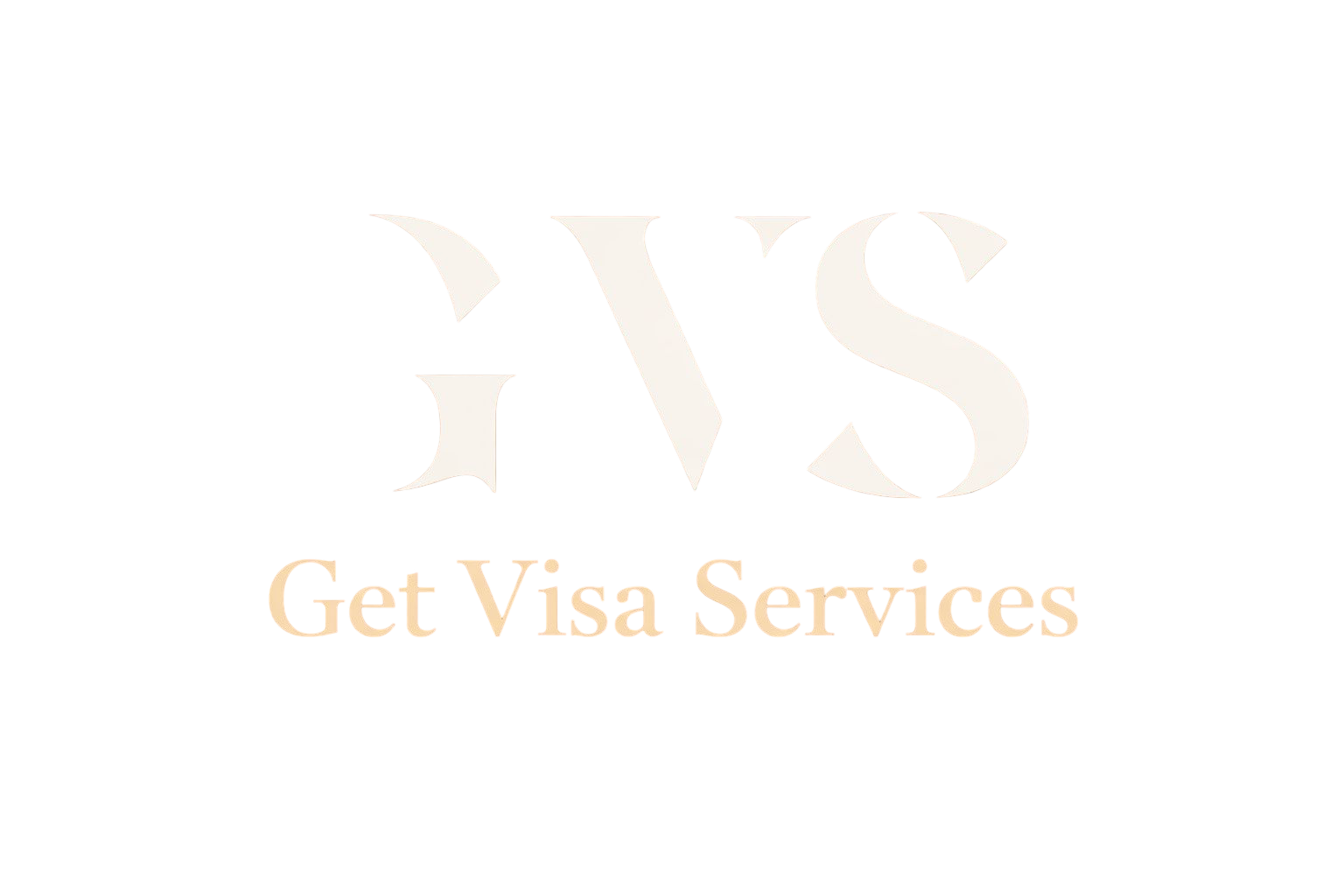
17 Sep Everything You Should Know Before Your Next Business Trip Abroad
A business trip can be exciting and rewarding—but if you’re not properly prepared, it can quickly turn stressful. Whether you’re traveling to meet clients, attend a conference, or explore new market opportunities, knowing what to expect and planning carefully will help you avoid common pitfalls. Here’s a complete guide to help ensure your business trip abroad goes smoothly.
1. Understand Visa Requirements Early
- Check if a business visa is needed: Different countries have different rules. Don’t assume your regular travel visa will suffice. Understand what kind of visa (business/business-visitor, short term/long term) is required for your destination.
- Timing matters: Visa processing times can vary widely—sometimes weeks. Apply well in advance to avoid last-minute issues.
- Use official or trusted sources: For instance, if you’re based in India and applying for a business visa online,
follow the guidelines carefully from trusted services.
2. Documents & Paperwork Checklist
Make sure you have all the required documentation, properly filled and valid. Key items often include:
- Valid passport (check expiry and blank pages)
- Invitation letter from host company / organization abroad
- Proof of employment or business registration
- Detailed itinerary: flights, accommodation, meetings
- Proof of financial means (bank statements, salary slips)
- Travel insurance (medical + emergency cover)
- Any health certifications or vaccinations needed
Also, carry both hard copies and digital scans of important documents.
3. Plan Your Itinerary and Logistics
- Flights & accommodation: Book early, preferably with cancellation options. Keep confirmations handy.
- Local transport & connectivity: How will you move around locally? Pre-book where possible. Secure good internet access; consider local SIM or mobile hotspot.
- Meeting schedule: Leave buffer time between meetings and travel to account for
delays like traffic or immigration.
4. Pack Smart for a Business Trip
- Clothing: Formal business attire, plus something more casual for off-hours. Dress code depends on country/culture.
- Tech & accessories: Laptop/tablet, chargers, adapters for local plug types, portable power bank.
- Essentials: Business cards, presentation materials, stationery.
Make sure you have everything needed for critical meetings.
5. Money, Finances & Currency
- Declare and arrange the right kind of payments (credit cards, cash) and know local currency.
- Inform your bank about travel so your cards don’t get blocked.
- Budget for unforeseen expenses: local transport, meals,
tipping, emergency funds.
6. Health, Safety & Insurance
- Get travel insurance that covers emergency medical care, evacuation, loss of belongings.
- Check health advisory / vaccination requirements of your destination.
- Know local emergency contacts
(hospital, embassy, police).
7 Cultural Sensitivity & Local Customs
- Research cultural norms and business etiquette (greetings, dress, negotiation style). What may be acceptable in one country could be considered rude in another.
- Language: Know a few basic phrases if the local language is different; have translation apps ready.
- Respect local laws and rules
(both in business and in everyday life).
8. Communication & Connectivity
- Ensure your phone works abroad. Get roaming plan or local SIM.
- Apps: map apps offline, language apps, business tools like calendar, presentation software.
- Backup your work: cloud storage for presentations, documents,
contacts in case devices are lost or fail.
9. Expense Management & Policies
Know your company’s travel policy: what costs are allowed, what are not? Per diem limits? Reimbursement process?
Keep all receipts. Use apps if possible to track expenses as you go.
Ensure you understand visa related costs, any fees or biometrics.
10. Keep Flexibility in Mind
- Unexpected delays happen — flights canceled, visa delays, health or political issues. Build in buffer time where possible.
- Have contingency plans: what if a meeting gets postponed?
What if your stay needs to be extended?
Conclusion
A well-organized business trip not only makes your travel smoother but also helps you project professionalism, focus on your work, and make the most of opportunities. By checking visa requirements ahead, packing smartly, knowing local customs, and keeping things flexible, your business trip abroad can be both productive and rewarding.



No Comments